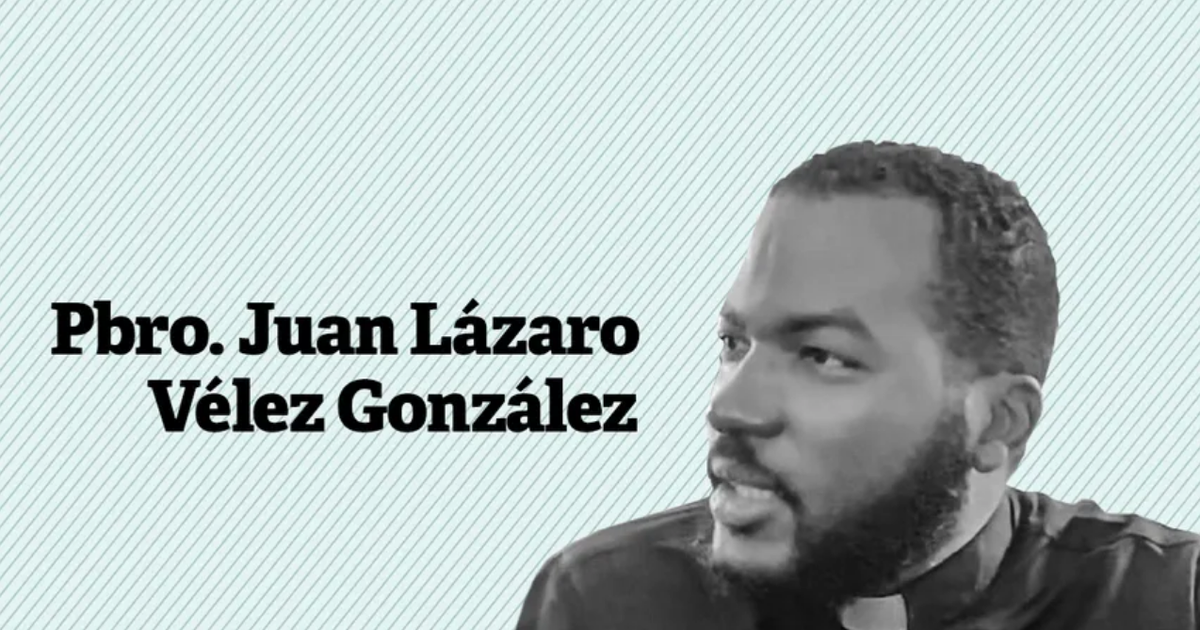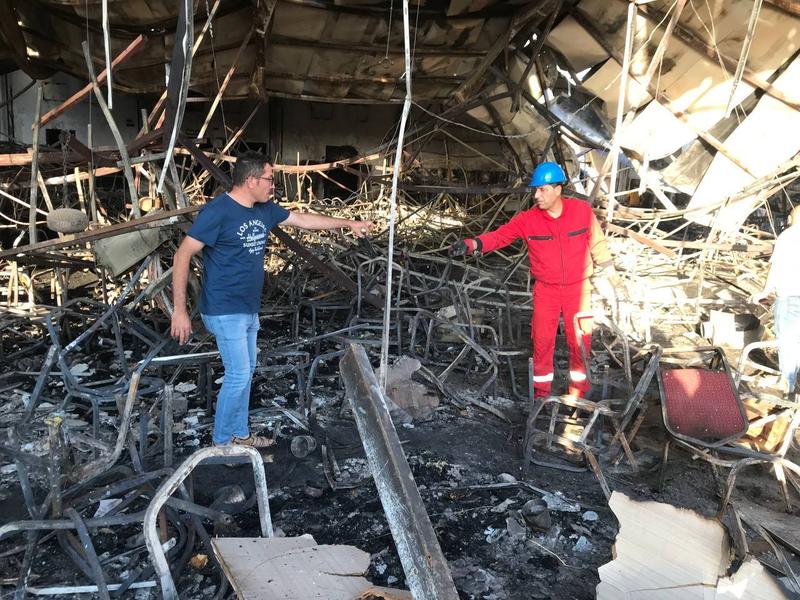Almost ten years have passed since the first outbreak of NiunaMenos (NUM). Millions of posts, cultural changes and a pandemic find us today in another political and social scenario. Even so, the number of femicides increases. New reports both of the meeting house like Motherindicate that a woman dies at the hands of a man every 18 hours hours.
Has society naturalized femicides? What about this fifth wave? Did the economic crisis run the focus? To try to understand the panorama, I chatted with Marcela Ojedacommunicator and one of the creators of #NUM.
The impulse that swept everything away
“2015 and everything that happened after June 3 was undoubtedly a turning point, a before and after in the paths of feminism and women’s movements in Argentina. With the particularities that each of our provinces has and the realities of each of the women in our country. But for the first time since that year, making violence against women visible crossed all the agendas”, Ojeda maintains.
To start talking about the feminist revolution of the last decade, we have to highlight this particularity: the outbreak for gender equality had a profound impact like never before in any other struggle.
“The feminist debate was on the media agenda first, the journalistic one, the political one. It crossed the political agenda in a brutal waylet us bear in mind that it was also part of a debate of presidential candidates, it was the electoral campaign of June 2015 and somehow forced the candidates to present platforms and projects to combat gender violence”, adds the interviewee.
But almost a decade has passed and the numbers have very little variation. The force with which the feminist movements were located in the social conversation was, like everything else, changing and today the femicide statistics are reported in the news and portals almost as one more figure.
“The statistics so cold, so distant, so anonymous from 2015 to 2023 have not changed much, we keep saying that every 24 hours a woman is murdered for reasons of gender in Argentina. Still, by no means the enormous change that was generated in 2015 goes unnoticed. Social humor is no longer the same and that gives you a guideline”, says Ojeda.
No one laughs (publicly) at the abuse anymore
If we had to mark characteristics or objectives when talking about legacies, this fifth wave left two clear debates regarding sexual abuse and care tasks. Until not long ago underage actresses like Luisana Lopilato the models like Nicole Neumann they were hypersexualized in all the media and that machinery of abuse, naturalized.
Today there are hundreds of jokes or complicity with the public that nobody can do. And although the culture of cancellation passed, it left its aftermath that transformed the necessary filters for a society free of sexual violence.
“It is no longer the same to talk about violence against children and adolescents or also against adult women. Of course, journalism was not born in 2015, feminist journalism or human rights journalism already had a journey, but as never before it reached a much broader agenda. An agenda that had never interested or challenged many sectors. I think that this is one of the big changes”, indicates the interviewee.
Regarding care tasks, the focus was placed on how much work is generated by housewives or the women who care. It was made clear that it is not love but precariousness and the importance of these invisible tasks when it comes to talking about the machinery of the productive system. “The generation that succeeded not one less and that today is twenty-something years old, capable of marching for the first time in its life and they are the ones who will ultimately lead all the changes that continue to be so resisted and lately in such a violent way” , add.
numbers that are people
Just as it happened with the coronavirusthe numbers of femicides are reported in the media as inflation but with a big difference: since inequality is multi-causal and structural, there is no valid vaccine.
“I don’t consume and I’m not interested in journalism that has become a murder counter and nothing else, because behind that crime, behind that femicide, there is a story, a journey, doors that knock incessantly, requests for help that never they arrived or even many who could not get out of the circle of violence”, indicates Ojeda.
_16.06.449746_.png)
Stopping femicides is the goal, but don’t forget that these murders are only the consequence, too. Resolving and narrowing the structural inequality gap is multifactorial. Realizing that you are in a violent relationship is the first step, but getting out of this type of relationship is much more complex than it seems. Economic violence, for example, is one of the most difficult forms of violence to resolve, especially in a context of crisis as strong as the one our country is going through..
“For me the commitment is to do the reverse path from here to back. What happened, what’s wrong. All the actors who should accompany, protect and assist women who suffer violence, where are they?, who did not listen or listen to them, who could not rise to the circumstances. All stories are different. Journalism says “a new femicide”, but in reality, each femicide is different because the victim does not go through the same story. The responsibility is to understand why we have to lament with the news already published, why couldn’t this situation of extreme violence be prevented?” Ojeda wonders.
Go back to gain strength
The theory of waves is supported by the premise that the wave forms, advances suddenly and recedes to later activate again untimely. “It always happened this way. Today perhaps in a more visible and public way, but the idea of return to the streets and meet again, which are ultimately our space for struggleof meeting, of exchange, of weaving strategies to move forward is present”, indicates Marcela.
We could place the culminating point in the triumph of legal, safe and free abortion. The militancy and the organization on foot of millions of pregnant people achieved with the pressure on the street one of the most fought and resisted laws in our history. Argentina became a benchmark in the world and today, even in the United States, the green scarf is an insignia.
With the advance of the right, many of the laws and acquired rights are concerned. “Even so, we must protect what we knew how to achieve. We already have the abortion law, for example, well, we are guardians of that right. Also of Comprehensive Sexual Education or the law of the fight against gender violence. We have to see how each province, in each municipality, apply the laws that are ours and that are in danger”, says Ojeda.
It is not only the achievements that are threatened, but also those who carried out and carry forward an agenda of human rights and particularly of the feminist movements. “There is an organized advance towards journalists whose rights agenda is a priority. We have to be vigilant because violence in networks is not harmless, it does not go unnoticed. The violence that exists against communicators who have some public exposure is extremely dangerous. They are cannon fodder for the most horrible speeches and the deepest hatred. You also have to take care of those spaces ”, Ojeda ends.

_16.09.027688_.png)

